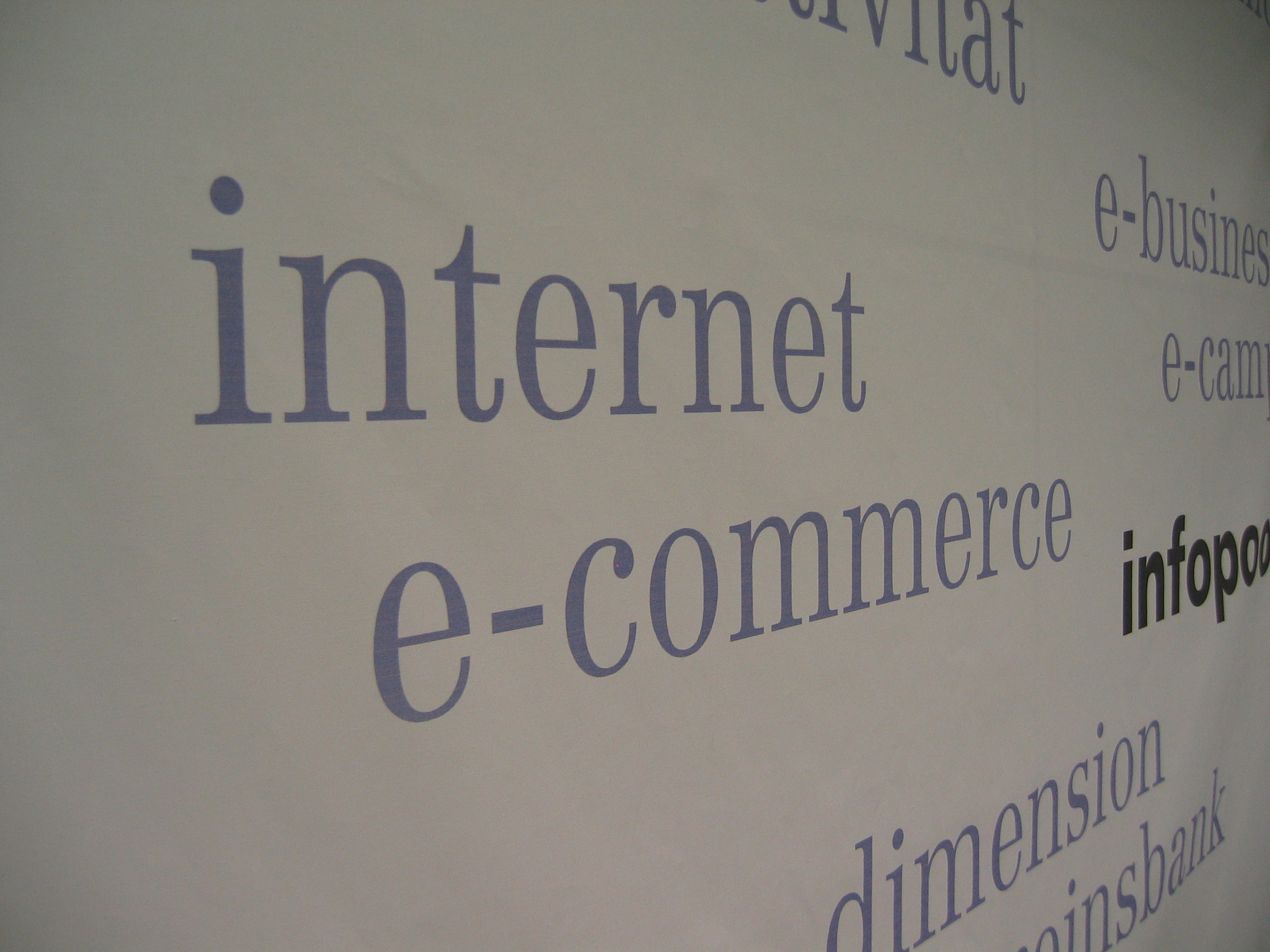[This post has been authored by Ms. Vasundhara, Managing Partner, Verum Legal and Mr. Mudit Kaushik, Counsel, Zeus IP. Part One can be found here] International Precedents and ComparisonWhile every nation in the world strives to ensure the digital security of its citizens, there are very few legislative developments to back up the claim. The…
Category: Internet Jurisdiction
Examining the Rise of the ‘Splinternet’
[Ed Note: The following post is part of the TLF Editorial Board Test 2020-21. It has been authored by Manasvin Andra, a fourth year student of NALSAR University of Law.] Data localisation laws have been on the rise in recent years. Since Edward Snowden’s revelations regarding the National Security Agency’s PRISM program, states have begun…
Are Safe Harbour Provisions anchored in deep waters?
[This post has been authored by Raashi Vaishya, a fourth year student at the NMIMS Kirit P. Mehta School of Law, Mumbai.] The sentiment of intermediary liability in India can be felt from the dialogue that transpired between Cleopatra and the messenger who informed her about Antony’s marriage. When Cleopatra threatened to treat the messenger’s…
Consent to Cookie: Analysis of European ePrivacy Regulations
This article is an analysis of the newly passed ‘Regulation on Privacy and Electronic Communications’ passed by the European Union. A huge part of our daily life now revolves around the usage of websites and communication mediums like Facebook, WhatsApp, Skype, etc. The suddenness with which these services have become popular left law-making authorities with…
DHC on Jurisdiction in E-Commerce: WWE v. M/S. Reshma Collection
(Image Source: https://flic.kr/p/KcswR) In a judgement dated 15th October 2014, the Delhi High Court has decreed, in the case of World Wrestling Entertainment, Inc. v. M/S Reshma Collection, that if you buy an item in Delhi through online retail, Delhi courts have the jurisdiction to hear disputes in relation to your shopping. This post analyses…

